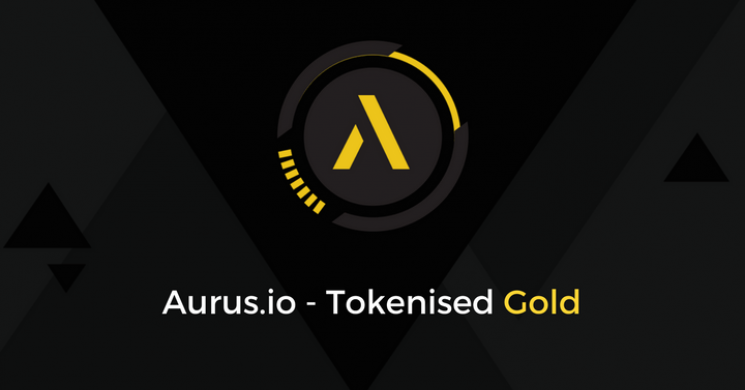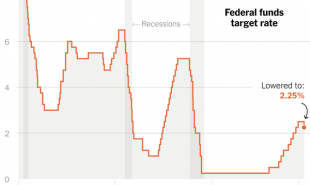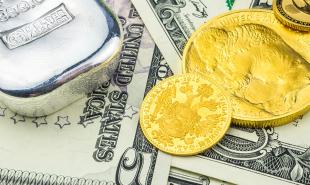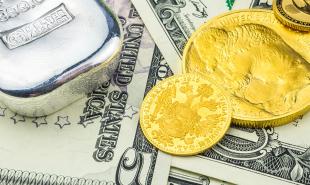
Throughout the ages, gold has been associated with wealth, prestige and power and has long been considered a prized asset for investors around the world. The numbers don’t lie — approximately $5.9 trillion of gold are traded every year, an amount that dwarves the value of the DOW Jones Industrial Complex and S&P 500 combined.
However, despite its size and volume, the gold trading industry is still hampered by the same trading methods used since the 16th century. Growing interest in cryptocurrencies and blockchain technology provides a unique opportunity for the gold trading industry to undertake a full-scale digital transformation.
The problems with trading physical gold
Over the centuries, gold has been traded through exchanges. These exchanges inserted themselves between buyers and sellers to authenticate each transaction and ensure that gold was transferred and money was received. Consequently, a lot of time and resources were applied into ensuring that each contract was executed properly.
On top of that, gold, as a trading commodity, has always faced the challenge that it is difficult to divide and transfer from one holding location to another. The settling of each trade could also take a few days to process, leaving a price differential from the time the trade was made and when the gold was actually delivered.
In 2015, the London gold market (the largest in the world) switched to an electronic price system to put an end its reputation of inefficiency. However, because gold is largely traded over-the-counter, the market still lacks the transparency needed to inspire confidence in traders and add the very liquidity it needs to the market.
Opportunity for blockchain startups
Fortunately, cryptocurrencies do not face the same logistical problems that are associated with gold trading and might very well have a role to play in gold’s digital makeover. Savvy blockchain entrepreneurs are well aware of this and have been carefully eyeing the space over the last couple of years.
They understand that trading in gold is as relevant as ever and that the public is already predisposed to the idea of gold as wealth. Gold has an intrinsic scarcity that people understand and respect and all that cryptocurrencies are doing is adding a digital simplicity which is only making it more attractive as an asset.
It seems that the solution is a case of updating the methods in which gold can be lawfully traded, not necessarily replacing the asset itself. If only gold could shake off its old-fashioned reputation and reinvent itself for the blockchain generation by being an easy, fast and secure means of exchange, then it might find itself on the precipice of a new investment era.
How blockchain technology can add value to the gold trading market
As with other industries, the benefits that blockchain technology can bring to gold trading are numerous. For starters, it can help to improve price discovery, smooth settlement and lower counterparty risk. It can also make it simpler for traders to verify who owns the underlying bullion or to properly fractionate bullions, which will in turn create a more liquid market for buyers and sellers to operate in.
Once the market is more liquid and easily verifiable, there will be a greater trust in the market which should counter any doubts about price fixing and the authenticity of the underlying asset. This would have the added benefit of attracting a new type of customer to the market, the type that had previously begun to sour at the idea of gold trading because of the barriers of entry created by its own inefficiencies.
Blockchain technology would also allow for the creation of new types of securities based on the actual possession of gold as opposed to the types of derivatives used today which are based on part possession only. These new types of instruments would further boost liquidity and increase circulation, enhancing gold’s reputation as a means of exchange once more. Blockchain would definitely bring gold’s sexy back.
The outlook for blockchain based gold trading
The emergence of blockchain technology startups in the gold trade would represent a fascinating and necessary departure from convention. The technology would improve transparency and the speed of settling trades immeasurably and it would be able to provide a platform where gold can be bought, held and traded on the spot using tokens.
Read more by Alexi Flanders | Aurus.io







